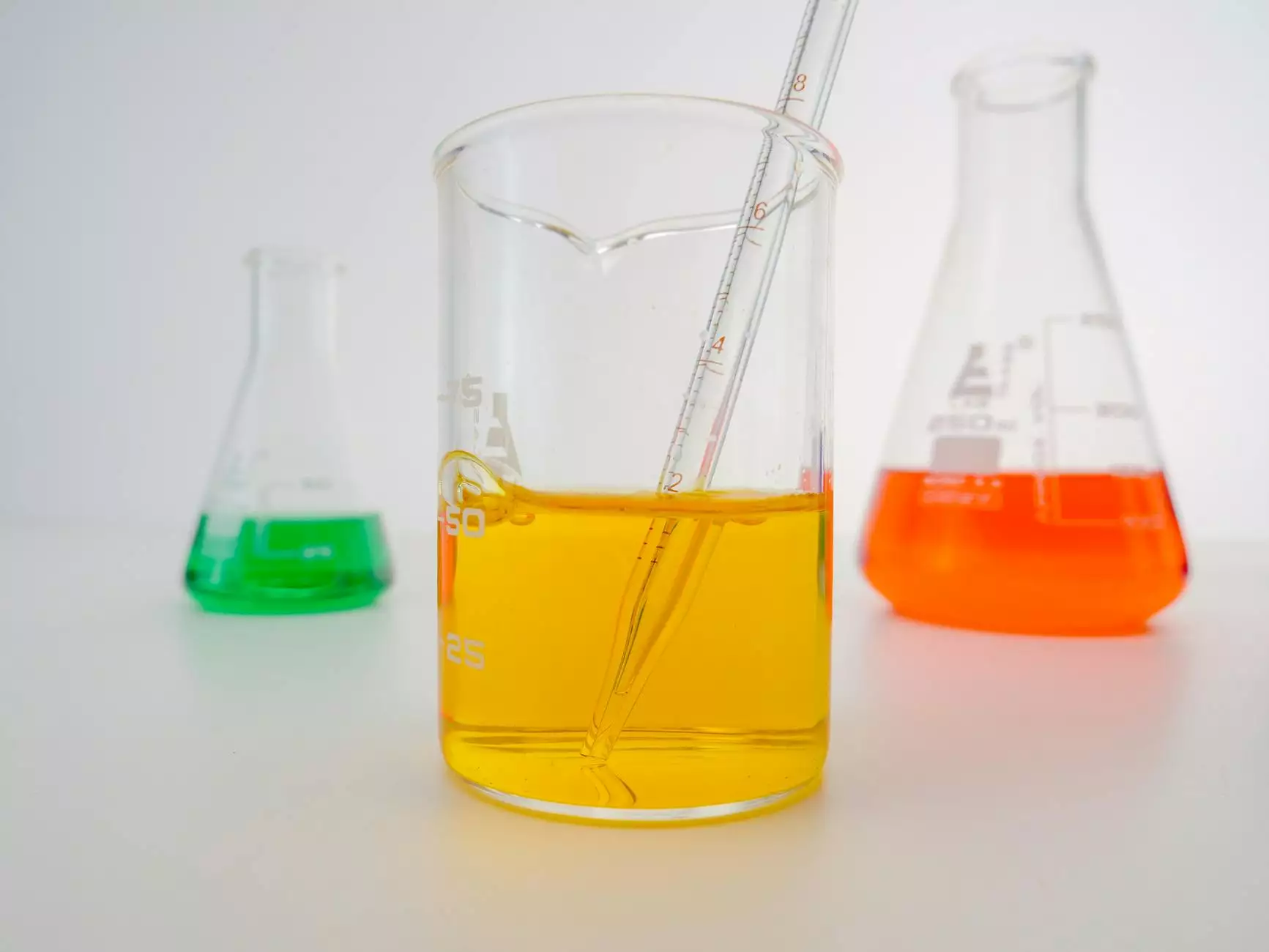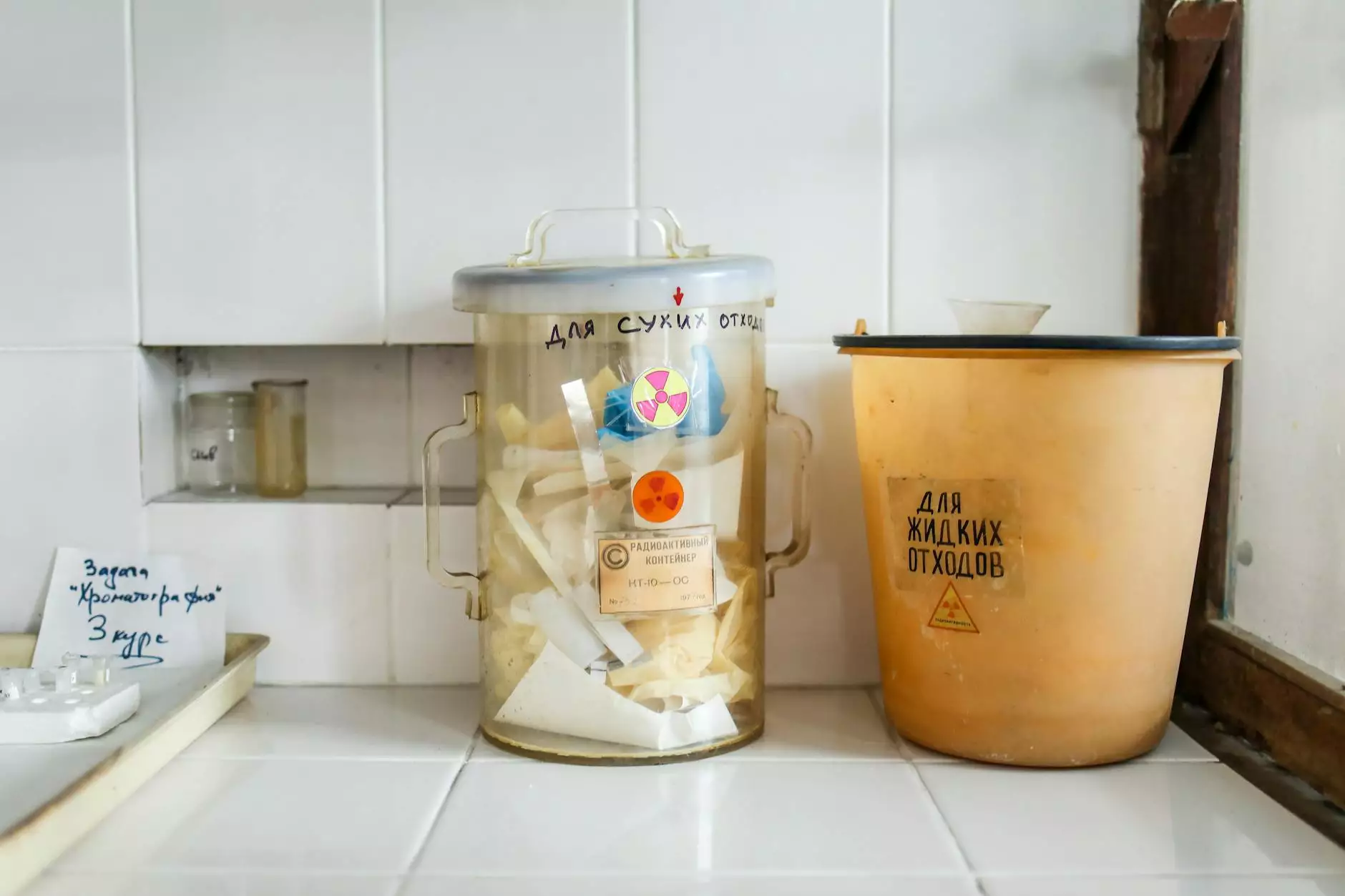Understanding the Role of Sugar Processing Chemicals Manufacturers in the Industry

The sugar industry is one of the most important sectors globally, playing a fundamental role in the economy and food production. With the increasing demand for sugar, the need for high-quality processing chemicals has become essential. This is where sugar processing chemicals manufacturers come into play, providing critical solutions to enhance efficiency, quality, and sustainability in sugar production.
The Importance of Sugar Processing Chemicals
Sugar processing chemicals are used at various stages of sugar production. From the extraction of juice from sugarcane or sugar beet to the refining process, these chemicals play an essential role in ensuring the sugar is produced efficiently and to optimal standards. Below are some key points highlighting why these chemicals are indispensable:
- Enhancing Sugar Quality: Processing chemicals aid in removing impurities, resulting in a purer final product. This is crucial for meeting food safety standards and consumer preferences.
- Increasing Yield: The right chemicals can help maximize the extraction of sugar from raw materials, thus increasing overall yield and profitability for producers.
- Reducing Waste: Effective use of processing chemicals can minimize waste and enhance sustainability in sugar production processes.
- Improving Efficiency: Chemicals help optimize processing time, allowing manufacturers to produce sugar more efficiently and at a lower cost.
Types of Sugar Processing Chemicals
Understanding the various types of chemicals used in sugar processing is essential for manufacturers looking to enhance their production capabilities. Here are the primary categories of sugar processing chemicals:
1. Clarifying Agents
Clarifying agents are crucial for the clarification of sugar juice. They help to remove suspended solids, resulting in a clearer juice. Common clarifying agents include:
- Calcium Hydroxide: Also known as slaked lime, it is widely used to neutralize acids in raw sugar juice.
- Bentonite: A natural clay that adsorbs impurities, enhancing the clarity of sugar juice.
2. Flocculants
Flocculants are substances that promote the clumping of particles, facilitating the removal of impurities. They are essential for ensuring the juice is clean. Common flocculants include:
- Polyacrylamide: A synthetic polymer used for its strong flocculating properties.
- Natural Polymers: Such as those derived from plant materials, which are often preferred for their eco-friendly characteristics.
3. pH Regulators
Maintaining the correct pH level during processing is vital for optimal chemical reactions. pH regulators help achieve the desired acidity or alkalinity. Examples include:
- Sulfuric Acid: Used to adjust the pH of sugarcane juice during processing.
- Citric Acid: A natural acid that can help maintain pH levels in various stages of production.
4. Antioxidants
Antioxidants prevent the oxidation of sugar, preserving its quality. They are essential in keeping the product safe for consumption:
- Ascorbic Acid: Commonly known as Vitamin C, it prevents the browning of sugar juices.
- Tocopherols: A natural form of Vitamin E that acts as an effective antioxidant.
Key Players in the Sugar Processing Chemicals Industry
As the demand for quality sugar rises, the importance of sugar processing chemicals manufacturers becomes increasingly evident. Several leading companies in the industry are setting examples through innovation and commitment to quality. Here are a few notable manufacturers:
Bimak Skimya
Bimak Skimya is a renowned name in the sugar processing chemicals sector. With a dedication to producing high-quality chemicals, they supply various products for sugar processing, water purification, and more. Their commitment to quality and sustainability makes them a trusted choice among sugar manufacturers.
The Importance of Research and Development
Leading sugar processing chemicals manufacturers are continuously investing in research and development. This innovation is crucial for staying ahead of the competition and meeting the evolving needs of the sugar industry. Here are the benefits of R&D in the chemical manufacturing sector:
- Formulating New Chemicals: Developing new processing agents that improve efficiency and reduce environmental impact.
- Enhancing Existing Products: Improving the efficacy and safety of established chemicals to meet modern standards.
- Eco-Friendly Solutions: Innovating sustainable processing methods that comply with environmental regulations.
Environmental Considerations in Sugar Processing
As the world becomes more conscious of environmental issues, sugar processing chemicals manufacturers are urged to adopt greener practices. This includes:
- Reducing Chemical Waste: Implementing efficient processes that minimize the by-products of chemical reactions.
- Using Biodegradable Chemicals: Moving towards natural-based chemicals that do not harm the environment.
- Energy Efficiency: Developing and utilizing chemicals that require less energy in their production and application.
Challenges Faced by Sugar Processing Chemicals Manufacturers
Despite the opportunities, the industry faces several challenges that can affect output and innovation. Key challenges include:
- Regulatory Compliance: Strict regulations on chemical use can hinder innovation and increase operational costs.
- Market Fluctuations: The fluctuating prices of raw materials affect the production costs and pricing strategies.
- Competition: The growing number of players in the market increases competition, requiring manufacturers to constantly innovate.
Future Trends in Sugar Processing Chemicals
The future of sugar processing chemicals is bright, with emerging trends that promise to shape the industry. Manufacturers must stay ahead of these trends to thrive:
- Smart Chemicals: The development of intelligent processing chemicals that enhance real-time monitoring and qcontrol.
- Sustainability Initiatives: Increased focus on sustainable production methods and eco-friendly chemicals.
- Technological Advancements: Incorporating advanced technologies such as AI in the formulation and manufacturing processes.
Conclusion
In conclusion, the role of sugar processing chemicals manufacturers is integral to the efficiency and quality of sugar production. These manufacturers must navigate various challenges while embracing innovation and sustainability to meet the demands of a growing market. As companies like Bimak Skimya lead the way in chemical production, the future of the sugar industry looks promising. By investing in high-quality chemicals and sustainable practices, manufacturers not only enhance their production but also contribute positively to the environment and community.
sugar processing chemicals manufacturers








